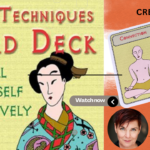
Reiki Techniques Card Deck: Card 11
September 22, 2023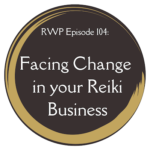
Facing Change in Your Reiki Business with Reiki Women Podcasts
September 23, 2023It’s not my birthday… yet. But it will most likely come again and with each passing year the double digits that I was once so proud to have gained creep higher. Growing up it was considered incredibly rude to ask an adult woman how old she was because a woman would ‘naturally’ wish to hide this slide of time. Fortunately, things have changed and I sometimes see a deliciousness in the voice and eye when an older woman tells her age, a courageous challenge to those outdated modes of the past.
As a Reiki Practitioner and Teacher with over 25 years of experience, time has given me the opportunity to delve into a variety of different practices that intersect with the system of Reiki.
However, something that has caught my attention—and concern—is the persisting influence of the male gaze within this space.
As you scroll through your social media feeds or walk past billboards advertising the latest yoga studio or meditation retreat, you’ll often find images that align with what is called the “male gaze.” The spotlight is frequently on young women in tightly fitting gym clothes, striking complex poses, with camera angles that prioritize aesthetics over authenticity. I’ve been to yoga and I’m not the only one who doesn’t look like that.
In promoting the system of Reiki, the images I often see are of ultra-slim, super-attractive young women, sitting flexibly in nature. The women do so passively as the male gaze actively roams over them. They are so passive that we imagine them as inert objects that are ‘pleasing’ to look at, not unlike a beautiful statue. But do statues have any brains, I ask?
Although it’s called the male gaze, it is all of us that gaze. This is a societal gaze that is born of a patriarchal society. The male gaze is a normalisation of the sexualisation and objectification of women, or in other terms, it’s normal that women are viewed as merely pretty objects and not taken seriously beyond that.
This portrayal reduces the richness of wellness practices, commodifying them into attractive packages that inadvertently alienate the majority of consumers in the wellness market. Here, I’m talking about older women. Consider the composition of newsletter subscribers for some Reiki organizations as an example. An overwhelming 70-80% of these newsletter subscribers are female, with the majority being 40 years of age or older. Remarkably, this demographic doesn’t just stop at middle age; it extends into a strong and vibrant community of women reaching well into their 70s and even 80s. This creates a multi-generational foundation of women deeply engaged in the system of Reiki.
On my own website, Reiki with Bronwen, I consciously work at bringing in more imagery that is representative of the people who actually practice the system. Older women have always been active participants in their own healing journeys as well as knowledge bearers within their communities, despite what this mainstream imagery might suggest.
The system of Reiki attracts women for a number of reasons. For mothers with children at home, a Reiki practice offers a flexible career option that can easily adapt to part-time employment. Moreover, older women, perhaps those who are looking to re-enter the workforce after a hiatus, find it convenient to upskill in Reiki training and make a fulfilling career change. The design of Reiki training where courses are generally brief, even for those studying to become teachers, is an added benefit. This low time investment not only makes the practice more accessible but also keeps the costs relatively modest. The system of Reiki becomes an empowering vehicle for women from diverse age groups, financial backgrounds and life stages.
Adding another layer of complexity to this is the role men play in the system of Reiki. While there are some amazing women teaching and leading within the system, it’s quite common to see men as the lead instructors, the thought leaders, the authors, and the “gurus” in this space. There’s a paradox here: an industry largely driven by women has men at the forefront, disseminating knowledge. Could this skewed representation be an offshoot of the male gaze, which perpetuates the idea that women lack the intellectual capacity for such roles? Or, perhaps even more disconcertingly, is it suggesting that older women, despite their wisdom and experience, are somehow not relevant enough to be considered serious practitioners or the equals of their male counterparts?
To bring about change, I think we need to acknowledge the existence of this imbalance. If the system of Reiki is about anything, it is about balance. Authenticity and inclusiveness should be at the heart of our practice. A practice that needs to reflect its community untainted by the limitations of the male gaze. By doing so, we move closer to the ultimate aim of making healing and well-being accessible to everyone no matter their gender or how far along their double digits actually are.

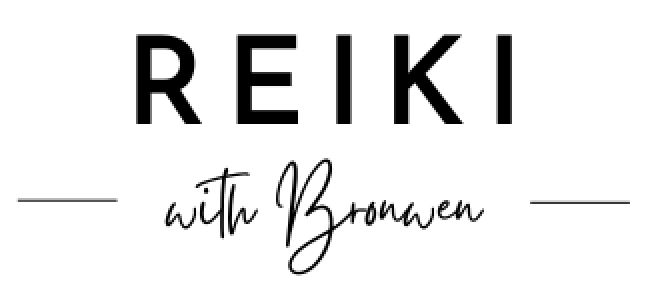
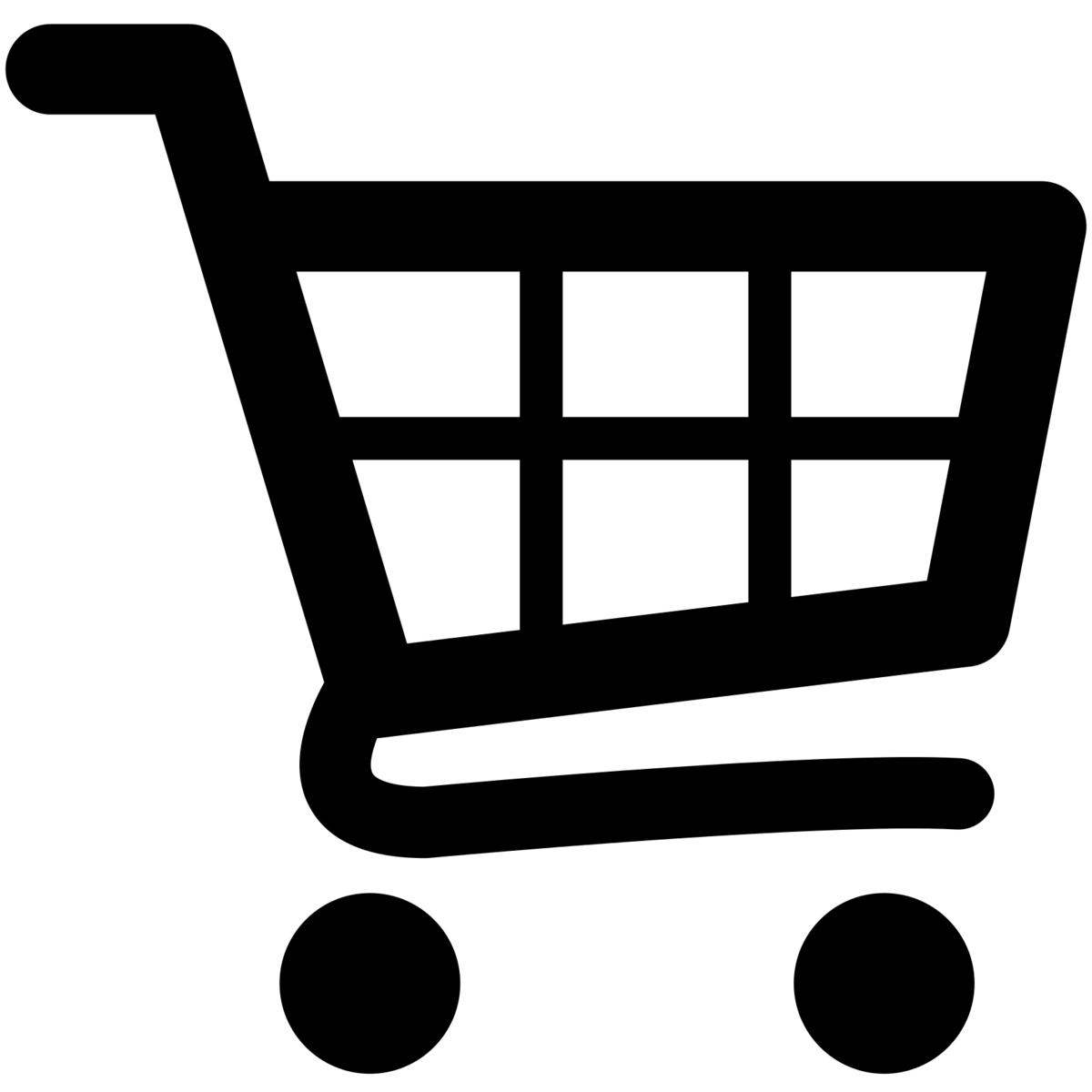
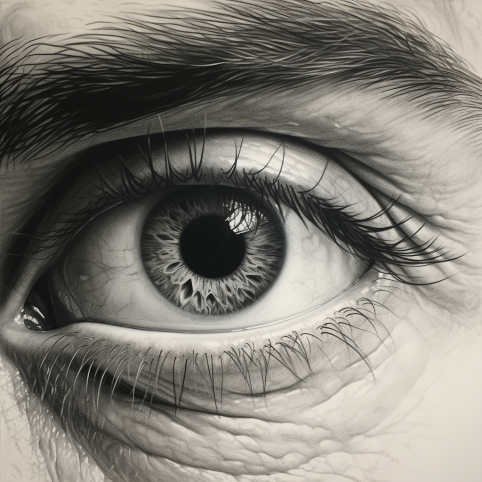

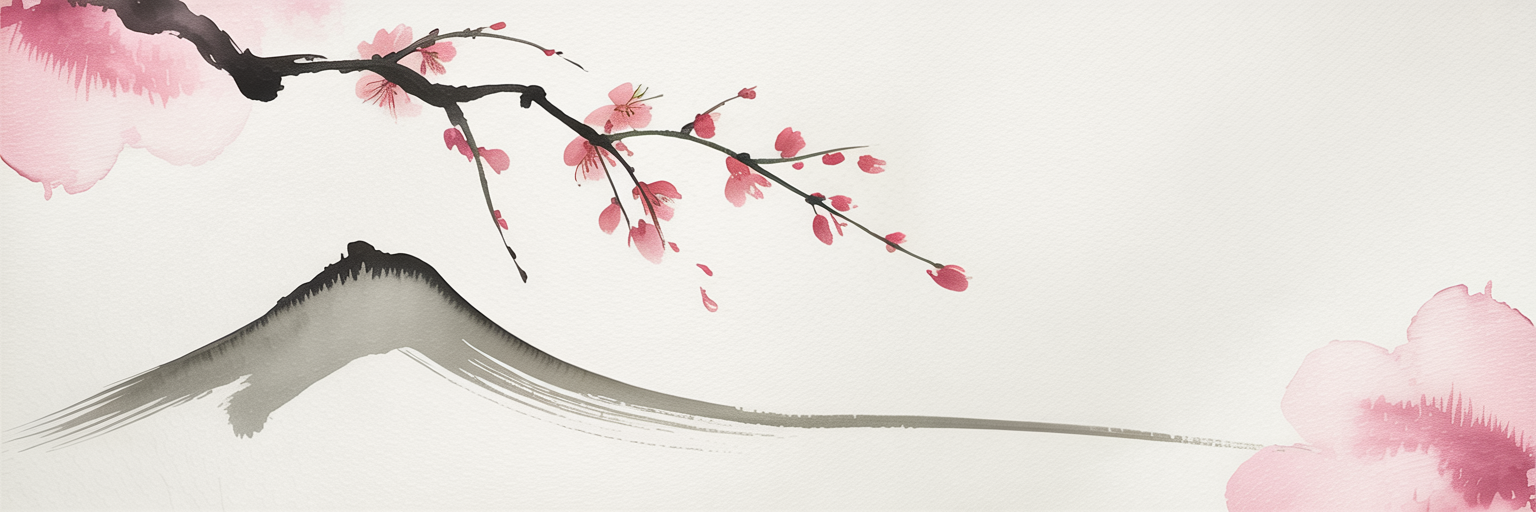
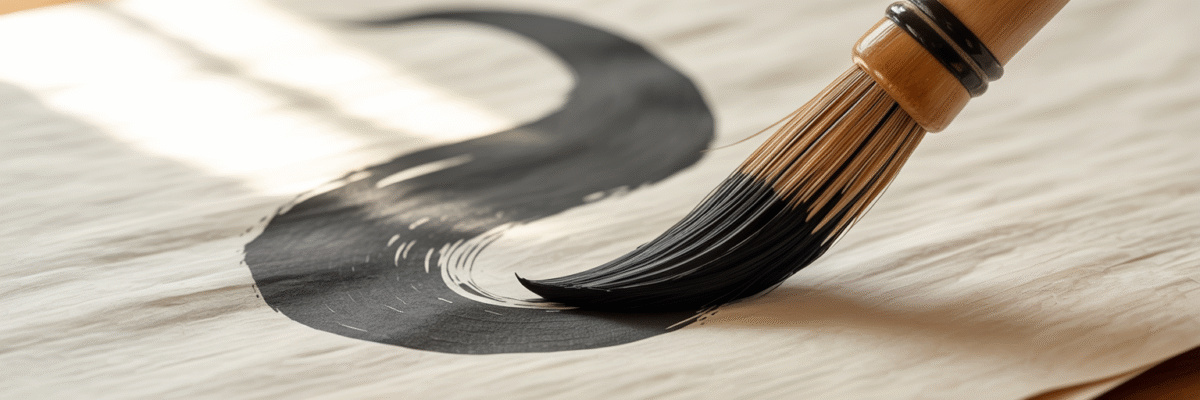
2 Comments
I had not heard the expression “The Male Gaze” and found your article quite interesting. Having worked as a therapist for over 25 years treating people with eating disorders, these concepts are familiar. I like how you are thoughtful about your images in your marketing.
Hi Jane, There’s lots of definitions of the male gaze. Some great articles on it on the web too. Here’s one definiteion: “The male gaze describes a way of portraying and looking at women that empowers men while sexualizing and diminishing women.” I do think we are all guilty of doing it as a society though.:-) x B